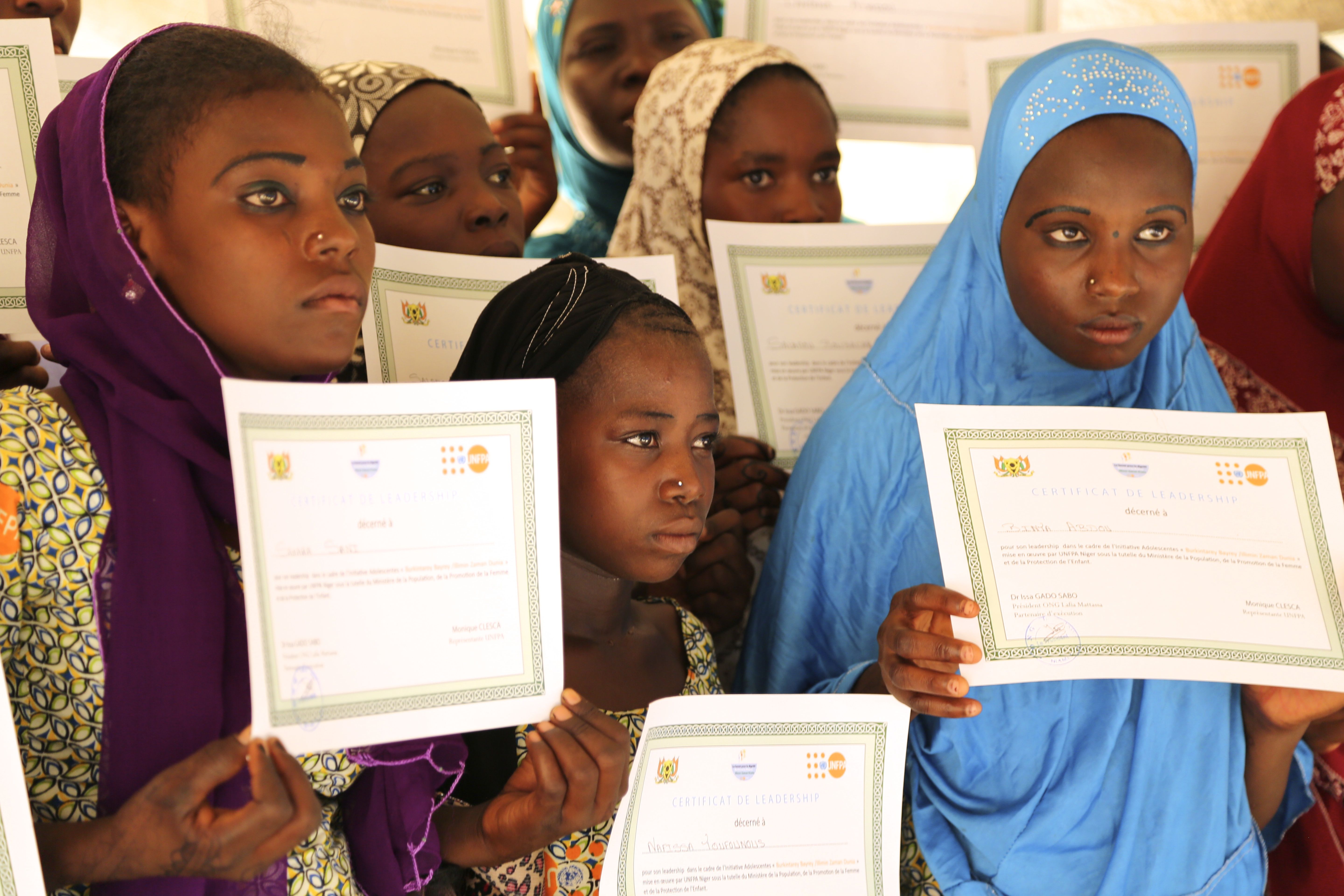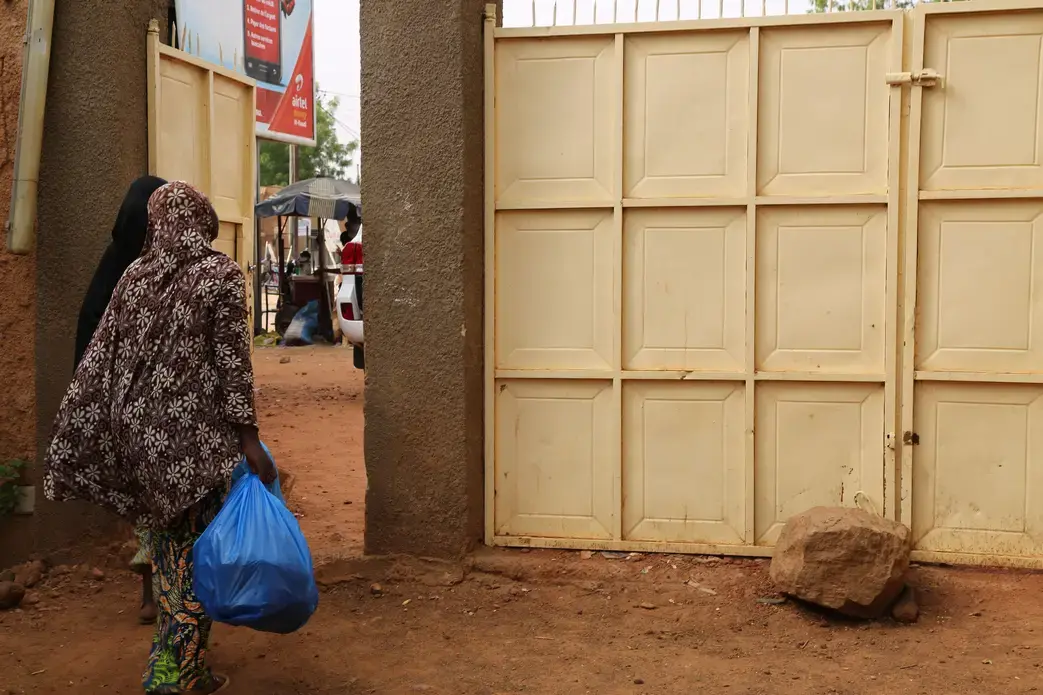The 50-something teacher at the Koranic school described her as "calm and obedient," ideal marriage material. Samira Abdoulaye, 19, did not return the sentiment.
Older than most of her peers—and all her 18 female siblings when they married, Samira the "calm and obedient" daughter said "no."
Unfortunately, her rejection meant little and one afternoon the "old man," as she describes him, showed up at the compound where she lived with her mother, her father's two other wives, and several siblings and their daughters.
Her mother Salmou accepted the offer. Married herself at 12, Salmou felt relief in knowing her daughter would be taken care of. That Samira might object did not cross her mind.
And Samira, who was generally calm and obedient, did not think she could tell either parent no. Her older siblings—the brothers in particular—had teased her and berated her for remaining single for this long. And it was a source of disappointment and anxiety for her mother.
Believing she didn't have the voice to object, she resolved to derail the nuptials by the only means at her disposal, ending her life. She purchased pest poison. And would have drank from the bottle if not for an observant shadow in the form of her best friend and protector, Haoua, who glimpsed the label and sought out intervention.
Haoua, a 17-year-old orphan living with her uncle and uncle's wives in the same neighborhood as Samira, had been participating in the United Nations Population Fund's empowerment initiative for adolescent girls. She told her program mentor about the poison and the 20-something woman, Amina, reached out to Samira's parents.
Critically, Amina did not mention the planned suicide—realizing to do so would shame the family and put Samira at risk for harmful retribution. Instead, she spoke to them about the program designed to teach participants about sexual and reproductive health, hygiene, gender-based violence, and access to and use of contraceptives once they married.
These were foreign concepts to the parents and Samira as well. But Amina emphasized the appealing aspect of the program—a safe space for girls who would learn about taking care of themselves and, in turn, become better wives and caregivers.
It took several attempts, but for reasons that remain a mystery to Samira, her parents called off the marriage.






































